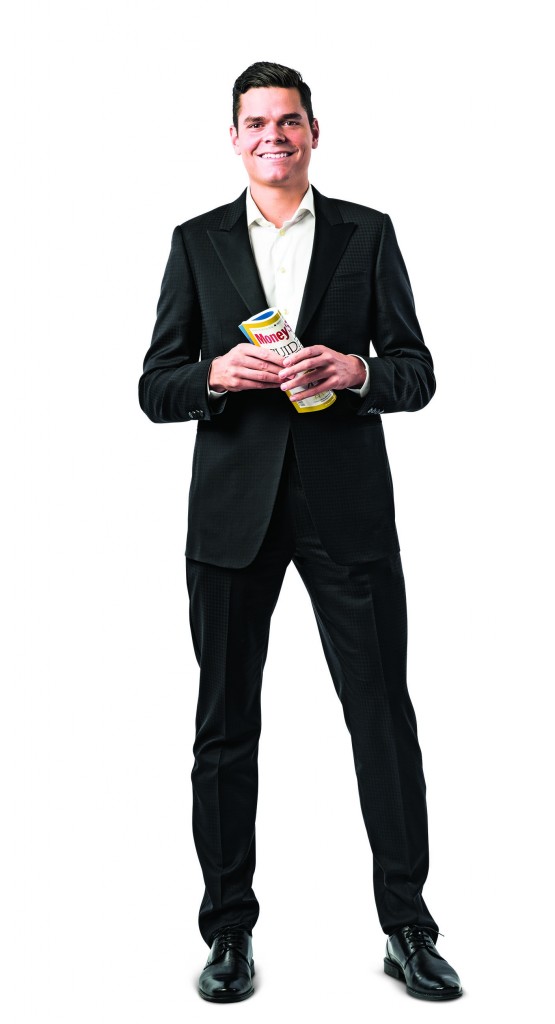Milos Raonic: How I learned to save 90% of my income
Long before Raonic was a tennis star, he learned to pay himself first
Advertisement
Long before Raonic was a tennis star, he learned to pay himself first

Share this article Share on Facebook Share on Twitter Share on Linkedin Share on Reddit Share on Email